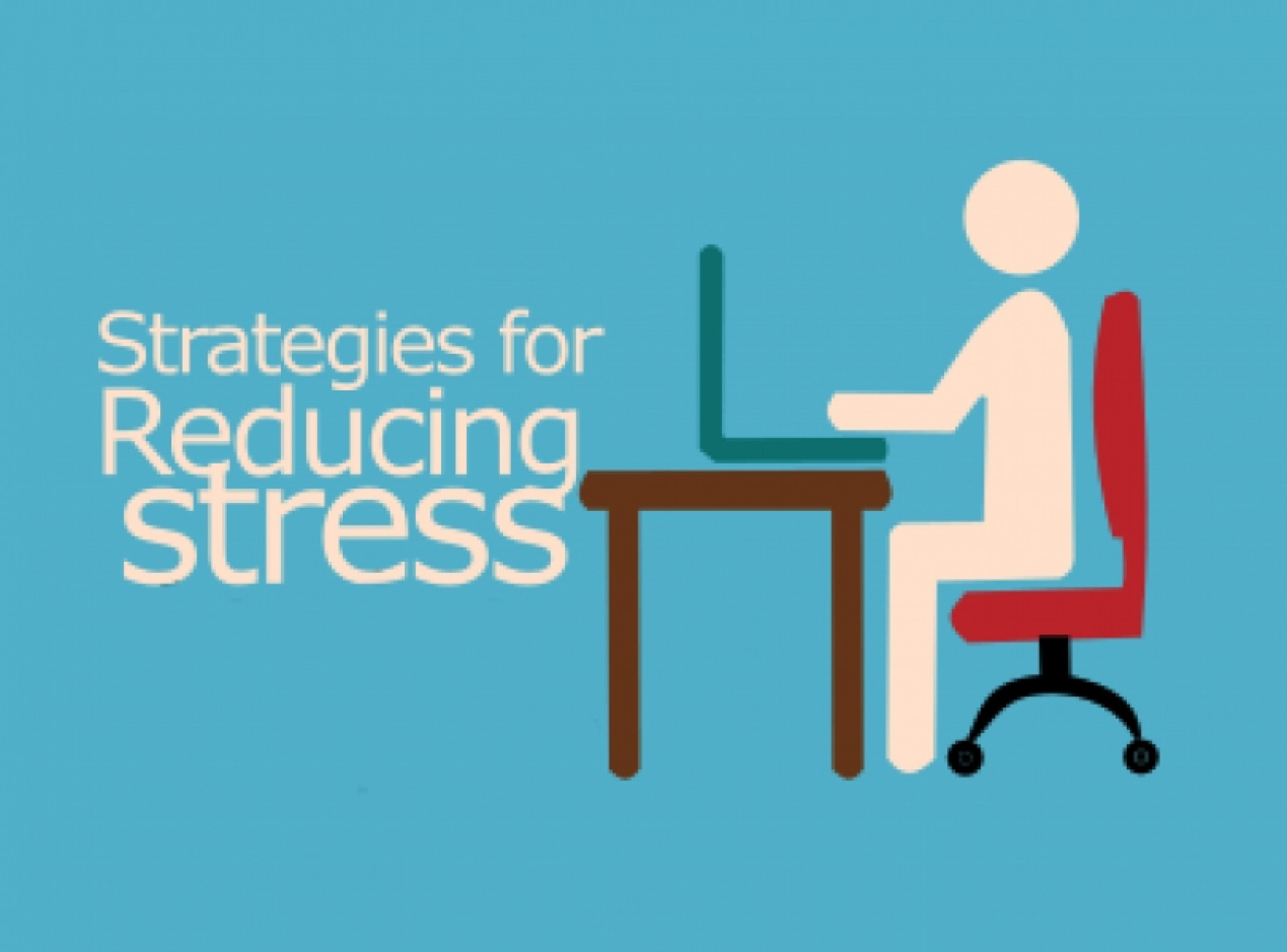Run a fine-toothed comb through your memories and see if you can recall the last time you were truly under stress. Not even that, actually  see if you can think of the last time you were in a situation where you felt like your survival was under threat (heads up: your local pub being bulldozed and replaced with a retirement complex does not count). Unless you were raised by a diehard intrepid Bear Grylls admirer, you probably donÂt have a large selection of instances to mull over. Modern society certainly has its drawbacks  overpopulation, climate change, the grim fact that weÂre all willing slaves to a sinister technological matrix  but one key perk is that we donÂt normally encounter feral animals and have to decide between running for the hills and engaging in physical battle to protect ourselves. Say what you like about 2018 and all the woes that accompany it, but I think itÂs a nice touch.
In spite of this, that retro instinct which is fondly known as the fight or flight response is still very much locked into our systems  and continues to (needlessly) torment us. Since our prehistoric days, weÂve at least coined a slightly snappier term for it: stress. We may have moved on from our hunter-gatherer phase, but it seems that weÂre still up to our eyeballs in the stuff. The fact that we usually arenÂt in life-threatening situations can mean that we donÂt even recognise when itÂs affecting us. Try and tune in to what youÂre doing right now. Is the hand clutching your cuppa white-knuckled and trembling? Would you be able to comfortably slot a packet of chewing gum in the gap between your shoulders and earlobes? Have you had any recent inclinations to tear hanks of hair from your scalp and fling them to the ground with wild abandon?
These are all valid questions which are worth asking. Knowing that you are stressed is a good start to becoming less stressed. But now comes the tricky query: what should you do when the stress gets to be too much?
Pop Âstress relief into GoogleÂs search bar donÂt be shy and cue an immeasurable selection of stress management tips (by immeasurable, I mean 5,130,000). The websites roll on and on and on. There are, apparently, over 5 million ways to go about helping yourself wind down. Here are a couple of the easiest ones to weave into your daily routine.
Walking
We celebrated Walk to Work day on the 6th April  and with good reason. WalkingÂs great! Psychologists have found that a 10-minute walk can boost your endorphins as much as a 45-minute workout. Seeing as endorphins act as a natural painkiller and improve the quality of our sleep, this is a nice, fairly easy option that you can put into action straight away. If your workplace is too far out to feasibly walk to, try parking that bit further away from your building, getting off the bus a stop earlier, or taking yourself on a 20-minute stroll at lunchtime.
Music
This is quite possibly the least taxing stress reliever of all, requiring you to make no demands on yourself beyond popping in your headphones when youÂre next on the go. Music has been found to reduce levels of the key stress hormone, cortisol. Studies have shown it to be more effective than drug at reducing anxiety in patients about to undergo surgery  so chances are itÂll help to ease your tension too.
Aromatherapy
Aromatherapy might require a mini investment in scented homeware, but itÂs a great way to unwind while multi-tasking on other things. While a traditional oil burner would almost certainly be seen as a fire hazard in the workplace (few things are more stressful than being dubbed the office arsonist), aromatherapy diffusers release a soothing stream of scented mist and donÂt involve an open flame. As far as the essential oils go, lavender oil, yuzu citrus scent, and bergamot essential oil have all been found through clinical studies to lower heart rate and reduce blood pressure.
Yoga or Meditation
While yoga and meditation are different  meditation being an aspect of yoga that deals with mental relaxation and concentration  they both fall under the bracket of MBIÂs (mind-body interventions). MBIÂs go a step beyond helping us relax  theyÂve been proven to help us change for the better at a molecular level. Studies have found that they actually cause our brain to steer our DNA processes along a path which improves our general wellbeing. Whether you want to start attending a yoga class once a week with a friend, or slotting in a quick morning meditation session during your commute by downloading an app like Headspace, Mindfulness, or Calm, youÂll be surprised to see how quickly the psychological benefits kick in.
https://www.medicalnewstoday.com/articles/145855.php
https://www.theguardian.com/society/2016/feb/14/workplace-stress-hans-selye
https://adaa.org/living-with-anxiety/managing-anxiety/exercise-stress-and-anxiety
https://www.webmd.com/depression/guide/exercise-depression#1
http://www.apa.org/monitor/2013/11/music.aspx
https://www.huffingtonpost.com/marlynn-wei-md-jd/6-aromatherapy-essential-_b_9805630.html
Credit: Clare Toner











